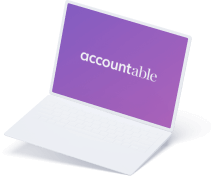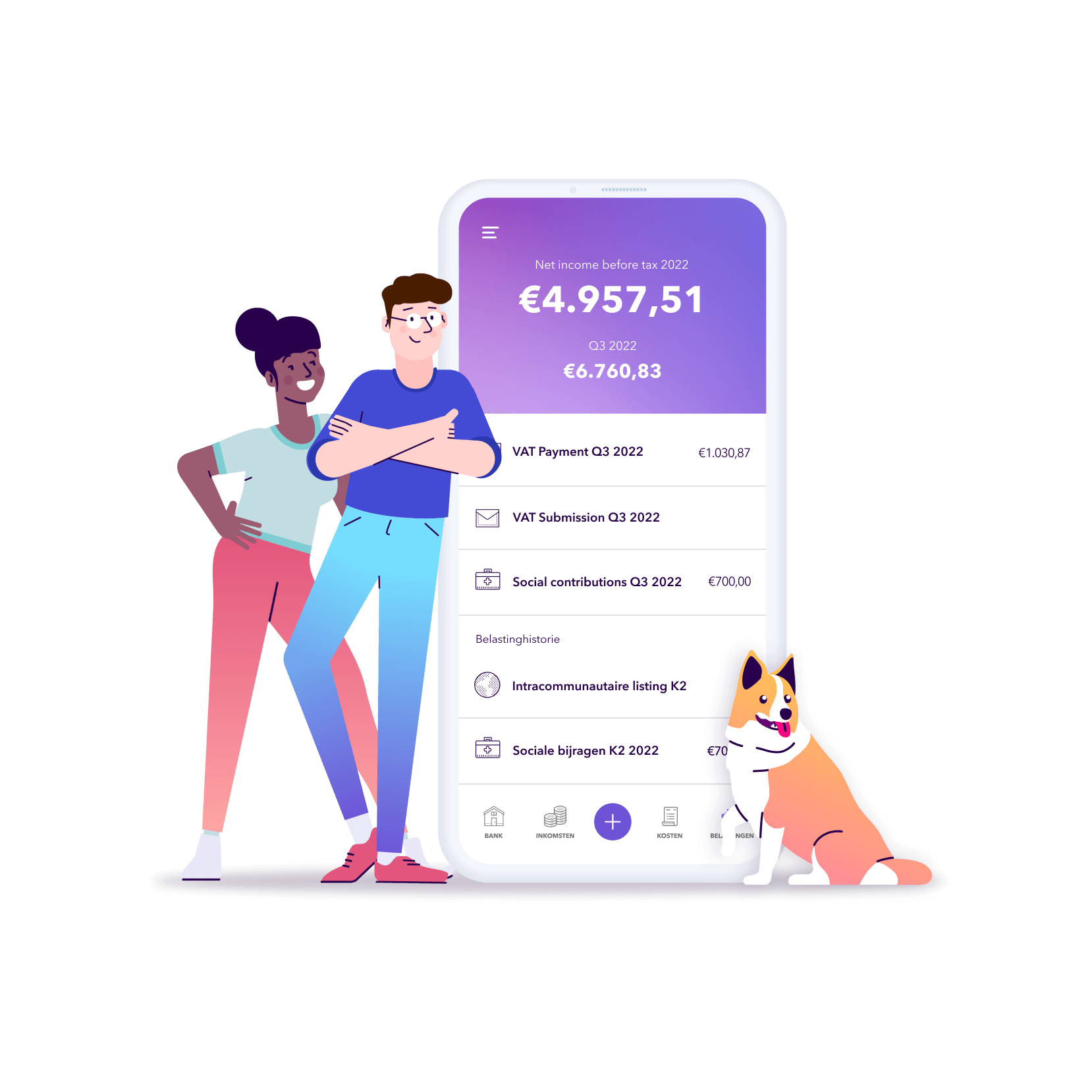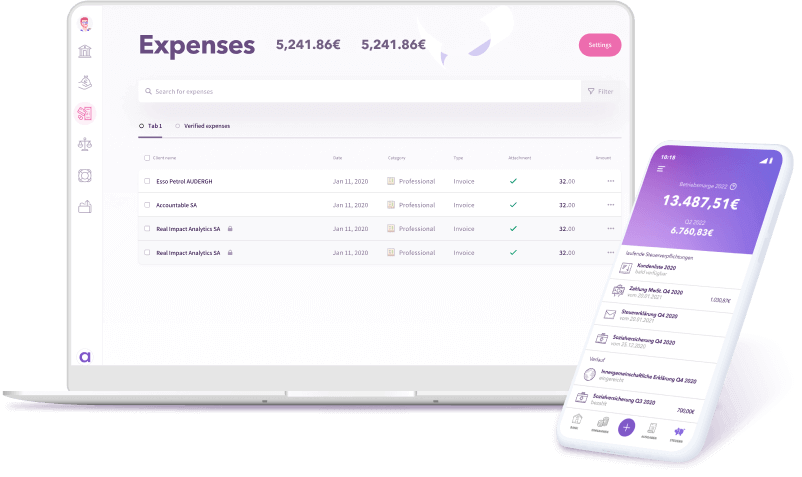
How & when: Umsatzsteuervoranmeldung for freelancers
Read in 3 minutes
As if the annual VAT return wasn’t enough, freelancers also have to submit regular VAT returns throughout the year. This return, called the Umsatzsteuervoranmeldung or advance VAT return, must be sent to the Finanzamt (tax office) on a monthly or quarterly basis.
But there is no need to panic: These monthly or quarterly VAT returns are not so complicated and can often be completed in just a few minutes. The best thing about them is that you aren’t just paying VAT; you can also reclaim the VAT you paid on business expenses.
But let’s start from scratch.
What is Umsatzsteuer?
In Germany, Umsatzsteuer, known as value-added tax or VAT in English, is charged on most goods and services. VAT of 19% is usually added to the initial purchase price. A reduced rate of 7% is applied to a small number of goods including books, magazines, and many foods and beverages.
VAT is charged at all stages of the production process and is passed from business to business, with the end-user being ultimately responsible for paying the additional amount when they purchase the product or use the service.
However, the business providing such goods or services can’t simply pocket the VAT they have charged. Any VAT a business collects must be paid to the tax office. This is done via the Umsatzsteuervoranmeldung.
Exempt from turnover tax: The Kleinunternehmer
Not all businesses are required to charge VAT. It can be useful for freelancers to make use of the Kleinunternehmer, or small business, designation because small businesses are exempt from paying VAT.
You can be considered a Kleinunternehmer if...
…you have not earned more than 22.000 EUR in the previous year
… you do not earn more than 50.000 EUR in the following year
If this applies to you, you can either apply to become a Kleinunternehmer at the same time you register as self-employed (Fragebogen zur steuerlichen Erfassung) or later, if you prefer.
🔽. As a Kleinunternehmer, you will have less accounting work. And if you have many customers who are private individuals, rather than businesses, then being a Kleinunternehmer will give you a competitive advantage. This is because individuals cannot reclaim VAT, so anything they can buy that doesn’t incur VAT is automatically cheaper for them.
🔽 However, being a Kleinunternehmer will be a disadvantage if your business is about to incur a large business expense. In this case, you won’t be able to deduct the VAT on the purchase because you won’t be making VAT returns.
When should I submit an Umsatzsteuervoranmeldung?
When you have to submit the Umsatzsteuervoranmeldung will depend on the turnover of your business. Your Finanzamt will let you know whether you need to make monthly or quarterly VAT returns.
In both cases, the return must be submitted digitally, ie. via the Finanzamt’s ELSTER tax portal, by the 10th of the following month. For example, if you have to file a monthly return, the return for June will be due on 10 July. However, if the filing date is a public holiday or falls on a weekend, the deadline is automatically extended to the next working day.
💡 Accountable Tip: If this deadline is too short for you, you can apply for a permanent deadline extension. This extends the deadline by an additional month. In our example, you would not have to submit the Umsatzsteuervoranmeldung for June until 10 August.
How do I make my Umsatzsteuervoranmeldung?
The Umsatzsteuervoranmeldung is much less complicated than the annual VAT return. Apart from the usual information, such as your tax number and contact details, you only need to fill in the income you earned in the given period.
While you’re there, you can also reclaim any VAT you have paid as part of your business expenses.
Once you have entered your income and expenses, the amounts are directly offset against each other at the end of the VAT return. You will then pay the difference to your local Finanzamt.
Do I need to pay VAT on income from abroad?
As freelance work moves increasingly online, many more freelancers have clients outside Germany. Whether you have to pay VAT on income from abroad depends on the country in which your customer is located.
You do not need to charge VAT for any work you do for clients who are located within the European Union. If you are making use of this exemption, which is called the “Reverse Charge Procedure”, you must refer to the procedure on the invoice.
For work performed for clients in countries outside the EU, it will depend on whether the country in question has a tax treaty with Germany.
💡 Tip from Accountable: If you are unsure about the billing, you can also use our free billing tool in the app. It will automatically enter the correct VAT rate depending on where your customer is located.
Do I need an Umsatzersteuer-ID?
If your business is active in other European countries, you should have an Umsatzersteuer-ID (VAT ID). Only those who have this number can offer their work without charging VAT to clients across the EU.
You can apply for an Umsatzersteuer-ID when registering your business, or later online via the Federal Central Tax Office website.
Did you find what you were looking for?
Happy to hear!
Stay in the know! Leave your email to get notified about updates and our latest tips for freelancers like you.
We’re sorry to hear that.
Can you specify why this article wasn’t helpful for you?
Thank you for your response. 💜
We value your feedback and will use it to optimise our content.










